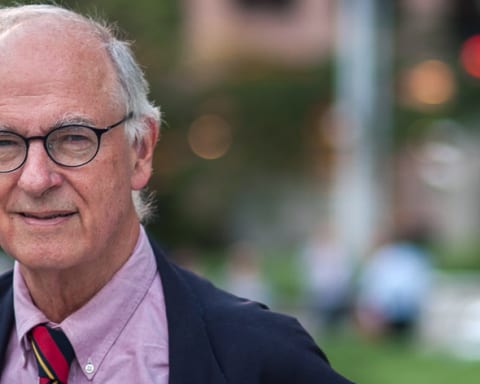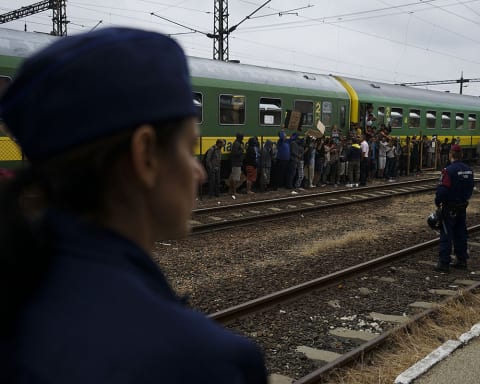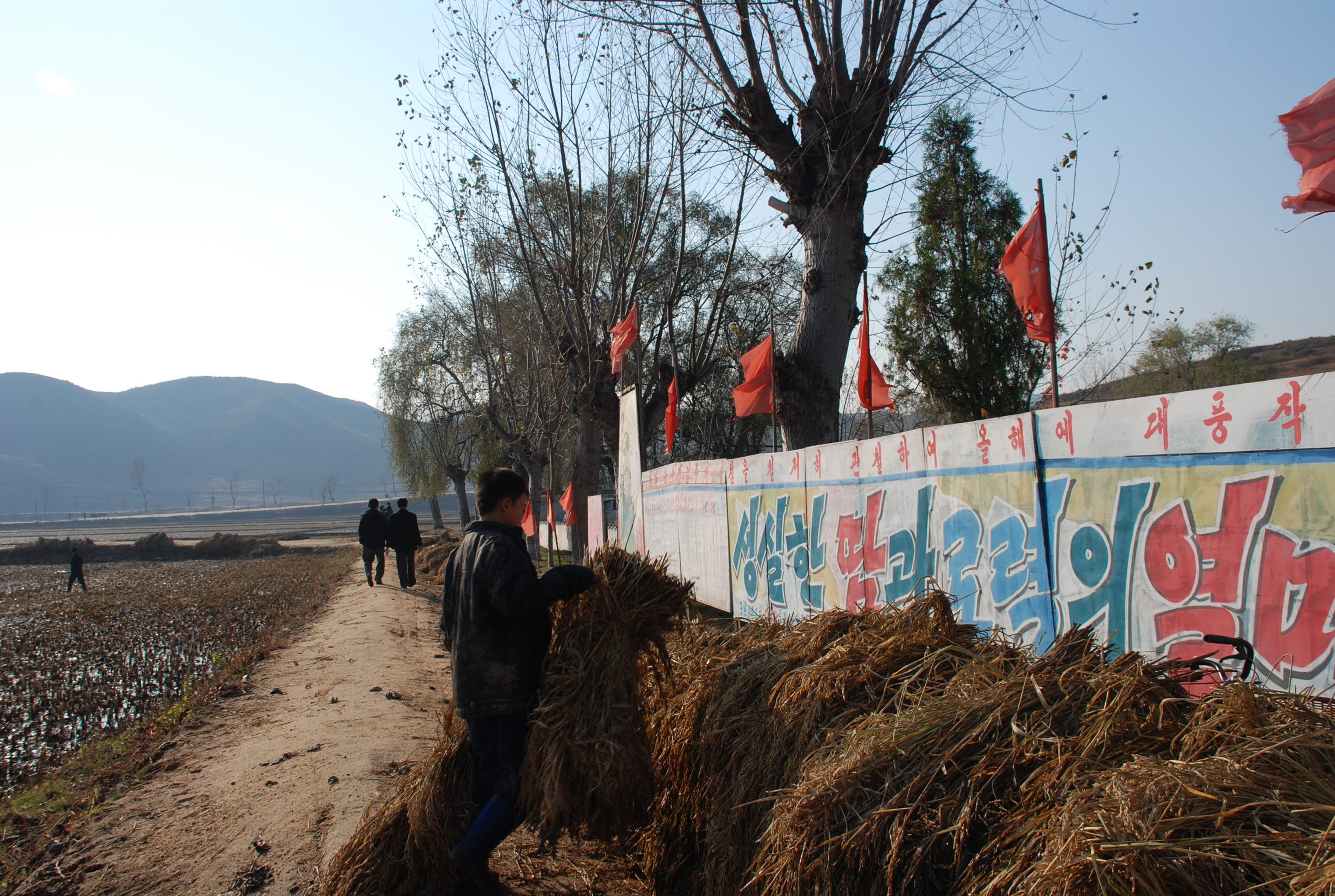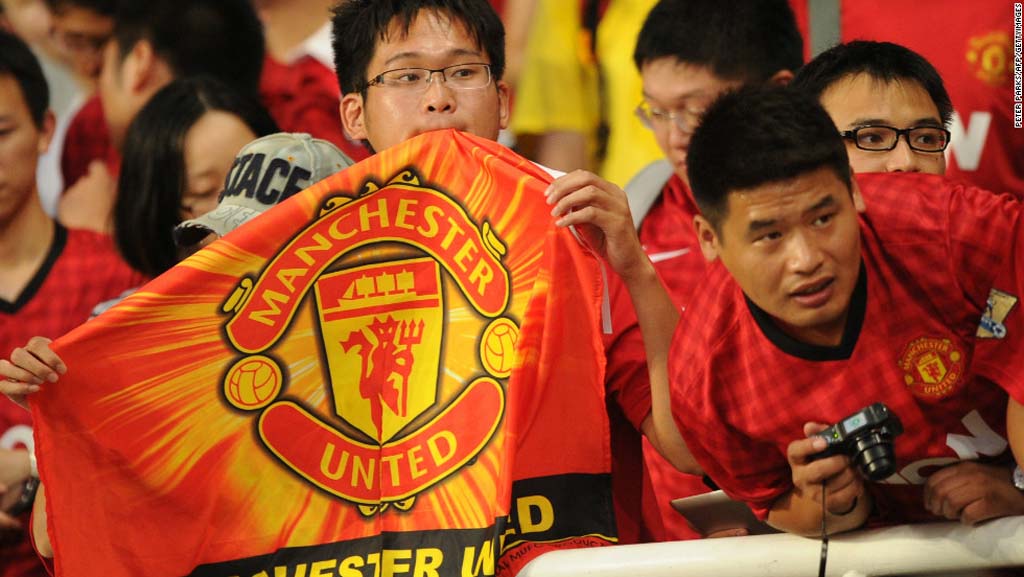The interview was originally published in NOVasia Issue 31 and is republished on The Policy Wire with express permission. For more exciting pieces on international relations from the brightest minds in Korea be sure to checkout their website.
Fox News was born from a desire to counteract a perceived bias in the US media landscape. Its recently deposed chairman, Roger Ailes, set out to create a cable news network for an “underserved audience that is hungry for fair and balanced news.” Conservatives since the Nixon-era have consistently argued that major news outlets, both on television and in print, hire more liberal-leaning reporters and that their own political views filter into the reporting they do.
Whether true or not, Fox News has been successful in making this idea mainstream. In doing so, the network and the other media outlets, like Brietbart.com and conservative radio talk shows that form what is referred to as a conservative “echo-chamber,” changed the way news is consumed and made in the US. While overtly liberal publications like Mother Jones and The Nation existed well before Fox, the initial reaction of mainstream media was to attack the cable network for bias and insist on objective coverage. In its wake, liberal media outlets, forming a liberal “echo-chamber,” have set out to emulate Fox News’ success through overtly partisan programming that similarly merges hard reporting and opinion.
Major news outlets have criticized Fox News since the mid-1990s, not for its conservative bias in hard news coverage, but for its over reliance on editorializing and opinion-based programming. The charge was that it further blurred the line between reporting and opinion. Newspapers like the New York Times were careful not to overstep in their coverage of the network and even corrected their own headlines that had “attribut[ed] a general political viewpoint to the network.” Meaning that, even though Fox News is full of conservative pundits and run by the openly conservative Roger Ailes, it was considered a step too far to say that the entire network was partisan.
The earliest and most respected Fox News detractors were more concerned with journalistic integrity than whether it leaned right or left. A common refrain was that it should be more objective in its coverage. Organizations that saw themselves as serious, and nominally impartial, journalism outlets decried the apparent bias of the network. Fox News became synonymous with modern muckraking, partisan, jingoistic journalism; something to be eschewed, fact-checked or even ignored with the hope that it might disappear.
Yet, traditional media and the political left could not ignore the network’s success. Shortly after September 11th, Fox News surpassed CNN to become the most watched cable-network in the US. Primetime cable news programs’ ratings were, and still are, dwarfed by the nightly news programs of the Big Three networks (NBC, CBS and ABC), but these behemoths, even today, enjoy certain inherent advantages that cable news does not have. Not only are these networks free, as opposed to pay-cable channels, they also enjoy the benefit of following local news programming each night which naturally increases their ratings.
Rather than sticking to the original goals of taking the high ground and reinforcing objective reporting and balanced opinion shows, cable networks like CNN and MSNBC have followed Fox’s methods in different ways. CNN began to focus more on celebrity news and opinion came to hold as much primacy as hard news coverage. MSNBC has gone even further in combining Fox News’ winning formula of using hard news as a window dressing to the primary purpose of the network. Like Sean Hannity and Bill O’Reilly of Fox News, MSNBC’s primetime presenters, Chris Hayes and Rachel Maddow, revel in partisan attacks while also functioning as anchors when breaking political and non-political news occurs. The line between opinion and reporting is increasingly hard to find, perhaps not there at all. Everything from breaking news stories to the day-to-day of Washington is analyzed through partisan goggles.
Today, the US media landscape is awash with political news programming designed to catch their niche “echo-chamber” audiences, either on T.V. or the Internet. To the right of Fox, news consumers obsessed with conspiracy theories can watch Infowars every night. To the left of MSNBC, YouTubers can follow The Young Turks. Perhaps Roger Ailes’ Fox News was simply riding a wave that was already on its way in. Democracy Now!, a decidedly liberal offering, began airing the same year as Fox. Still, Fox News’ success and its detractors’ eventual capitulation to its style, if not formula, represent a dramatic change in the way information is presented to and processed by the public. This change has become an important quickening agent in the politicization of news and polarization of US politics, one that has sadly fueled one of the ugliest US presidential elections in modern history.







